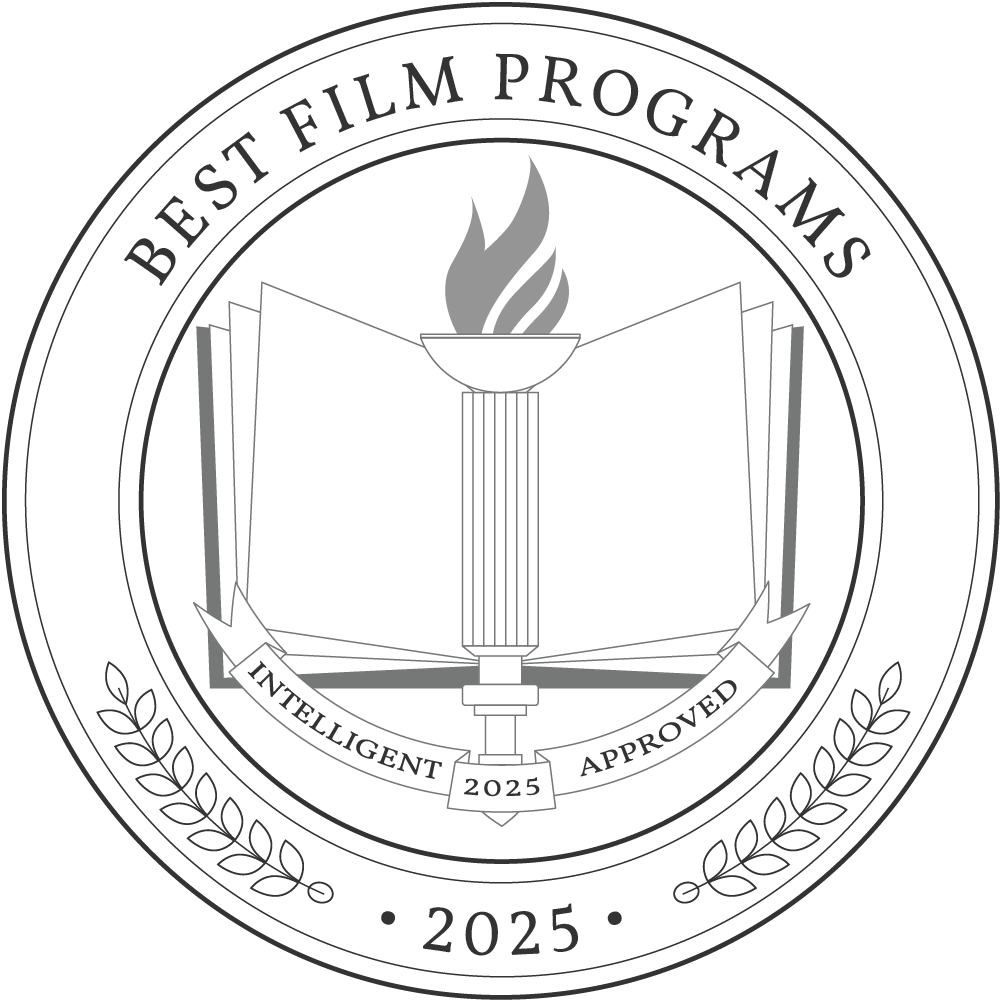The film industry offers a diverse collection of technical, creative, and managerial roles. Completing a film degree provides students with a broad foundational understanding and opportunities to specialize in directing, producing, cinematography, visual effects, and more. According to the Bureau of Labor Statistics, producers and directors earn a median yearly salary of $85,320, and technical roles earn about $58,230 annually.
Undergraduate programs are a standard length of four years, and master’s programs take about two years to complete. Across all institutions, yearly tuition and required fees averaged $14,688 for undergraduate and $20,513 for graduate programs.
Why Trust Us
The Intelligent.com Higher Education Team is dedicated to providing students with independent, equitable school and program rankings and well-researched resources. Our expert-driven articles cover topics related to online colleges and programs, paying for school, and career outlooks. We use data from the U.S. Department of Education’s College Scorecard, the National Center for Education Statistics, and other reputable educational and professional organizations. Our academic advisory team reviews content and verifies accuracy throughout the year for the most current information. Partnerships do not influence rankings or editorial decisions.
- Analyzed over 2,000 national, accredited, and nonprofit colleges and universities
- 800+ rankings pages are reviewed and updated yearly
- Content is informed by reputable sources, surveys, and interviews with academic advisors and other experts
- Over 100 data points are reviewed for accuracy and quality throughout the year, including sources
How we rank schools
Our list features the best Film degree programs at top colleges nationwide. Each school featured is a nonprofit, accredited institution — either public or private — with a high standard of academic quality for post-secondary institutions.
We evaluated each school’s program on tuition costs, admission, retention and graduation rates, faculty, reputation, and the student resources provided for online students. We collected data from trusted sources like the National Center for Education Statistics, individual school and program websites, school admissions counselors, and other data sources. Then, we calculated the Intelligent Score on a scale of 0 to 100 based on the following criterion:
Academic Quality:
- Admission rate versus enrollment rate
- Retention rate of students who return after year one
- Accreditation status (regional and programmatic)
- Nonprofit status, both private and public institutions
Graduation Rate
- Overall graduation rate
- Total number of currently enrolled students, including diversity metrics
- Student-to-faculty ratio
Cost and ROI
- In-state and out-of-state per-credit tuition rates and fees
- Required credits to graduate
- Earning potential after graduation
- Availability of federal student loans, scholarships, and other financial aid options
Student Resources
- Available student services for online-only and hybrid programs
- On-campus amenities like tutoring centers and the number of libraries
Read more about our ranking methodology.
Best 43 Accredited Film Degree Programs
FiltersInstitution Type
Status
- Intelligent Score
- Alphabetically By University Name
- Acceptance Rate
- Enrollment
- In-state Graduate Tuition
- Out-of-state Graduate Tuition
- In-state Undergraduate Tuition
- Out-of-state Undergraduate Tuition
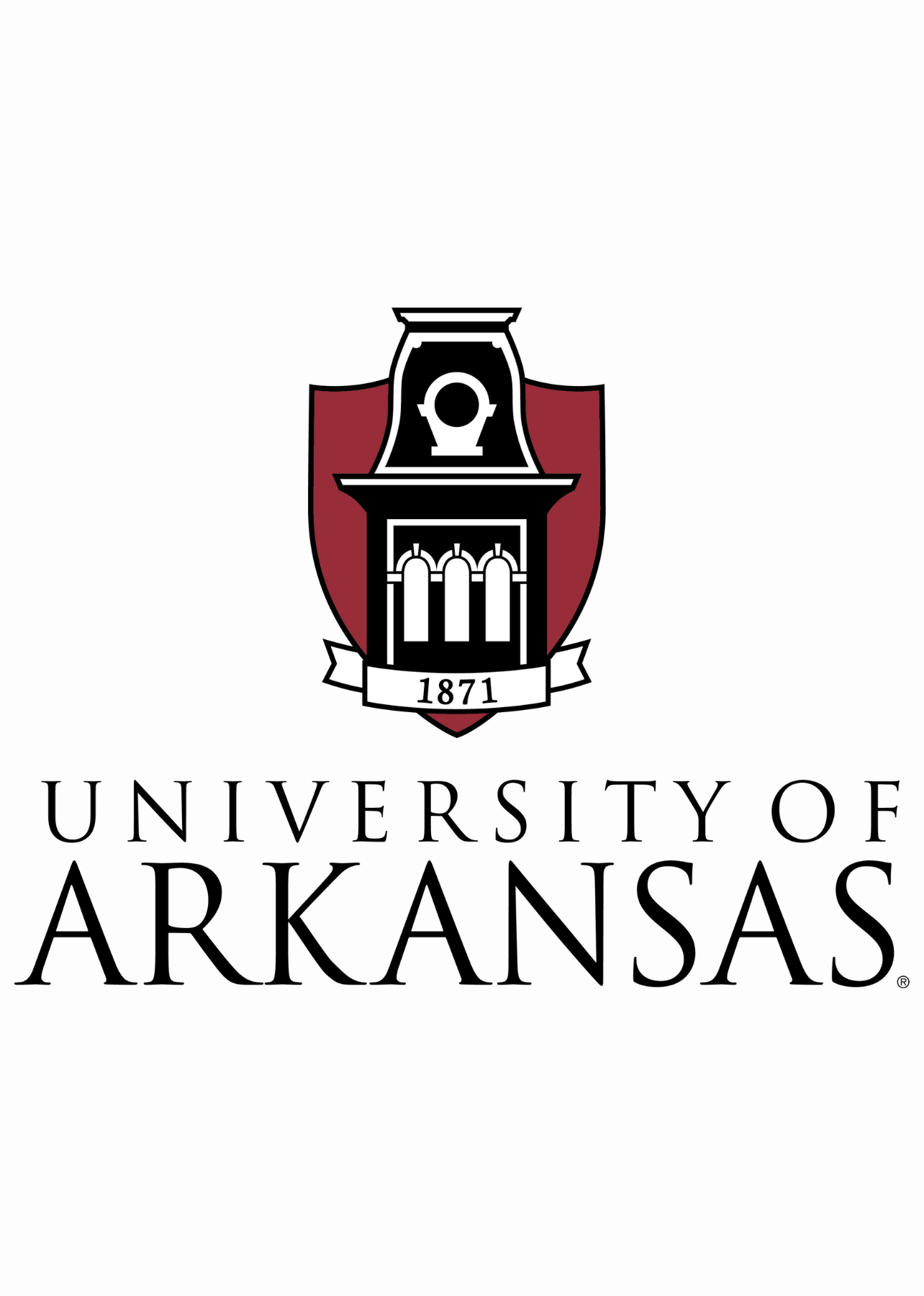
University of California at Los Angeles
Intelligent Score: 99.56In-state: $7,568
Out-of-state: $24,056
In-state: $7,752
Out-of-state: $7,752
SAT: 1090-1280
ACT: 23-29
Resident: $320
Non-Resident: $1,080
On-Campus
WASC Senior College and University Commission
180
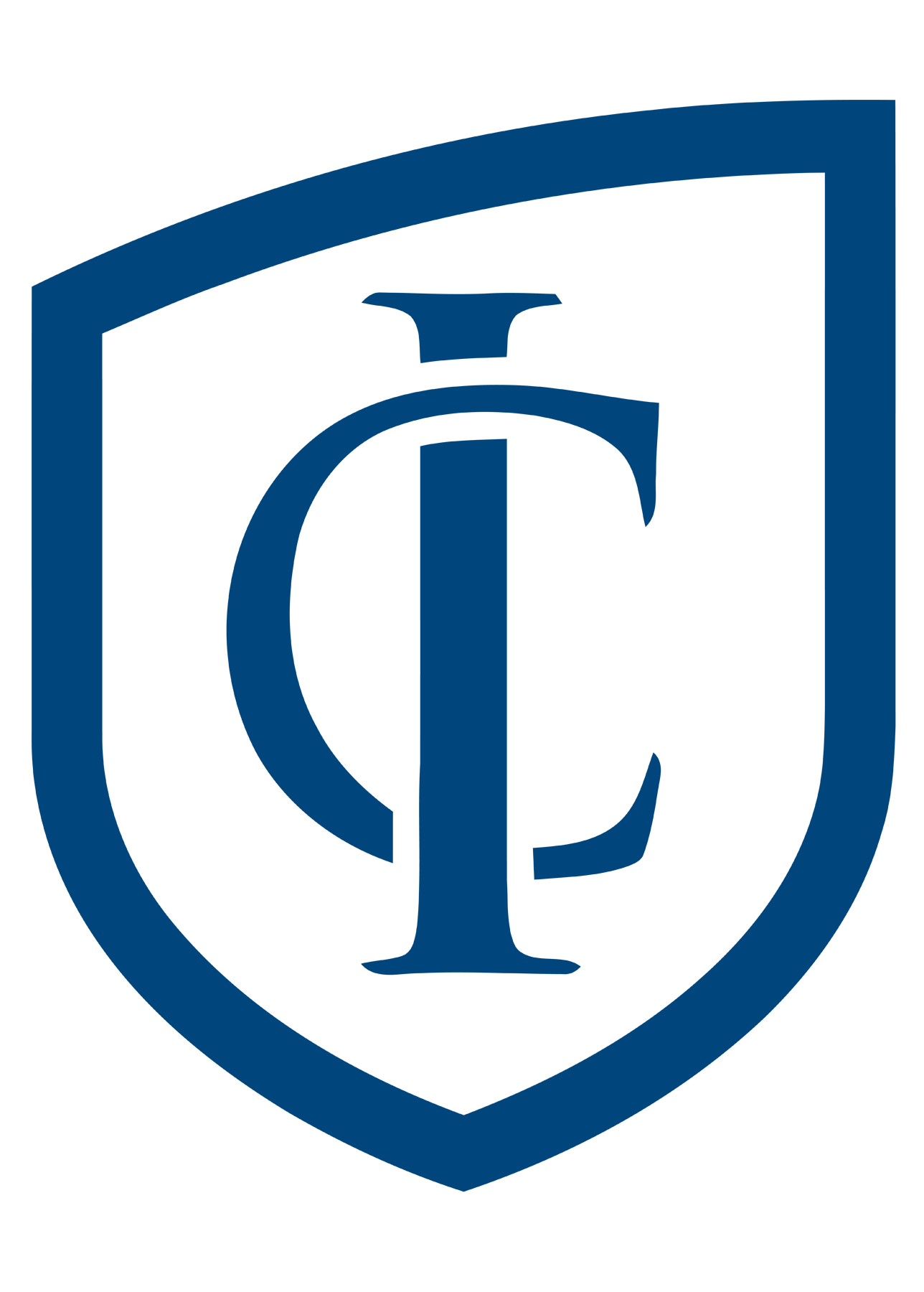
Ithaca College
Intelligent Score: 98.30In-state: $46,610
Out-of-state: $46,610
In-state: $22,056
Out-of-state: $22,056
SAT: N/A
ACT: N/A
$1,786
On-Campus
Middle States Commission on Higher Education
120
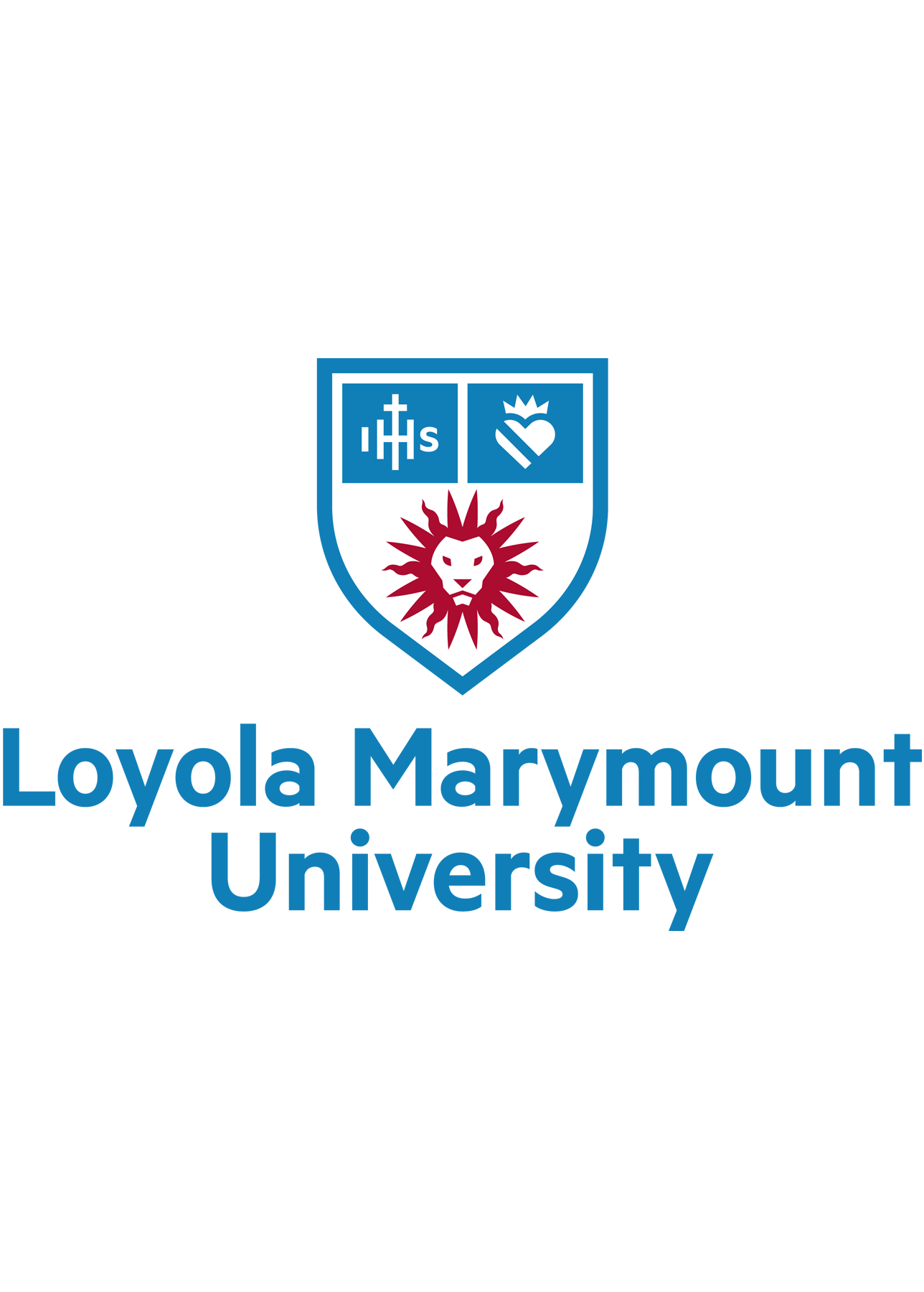
Loyola Marymount University
Intelligent Score: 98.18In-state: $51,820
Out-of-state: $51,820
In-state: $19,460
Out-of-state: $19,460
SAT: 1210-1390
ACT: 27-31
$1,536
On-Campus
Western Association of Schools and Colleges
120-128
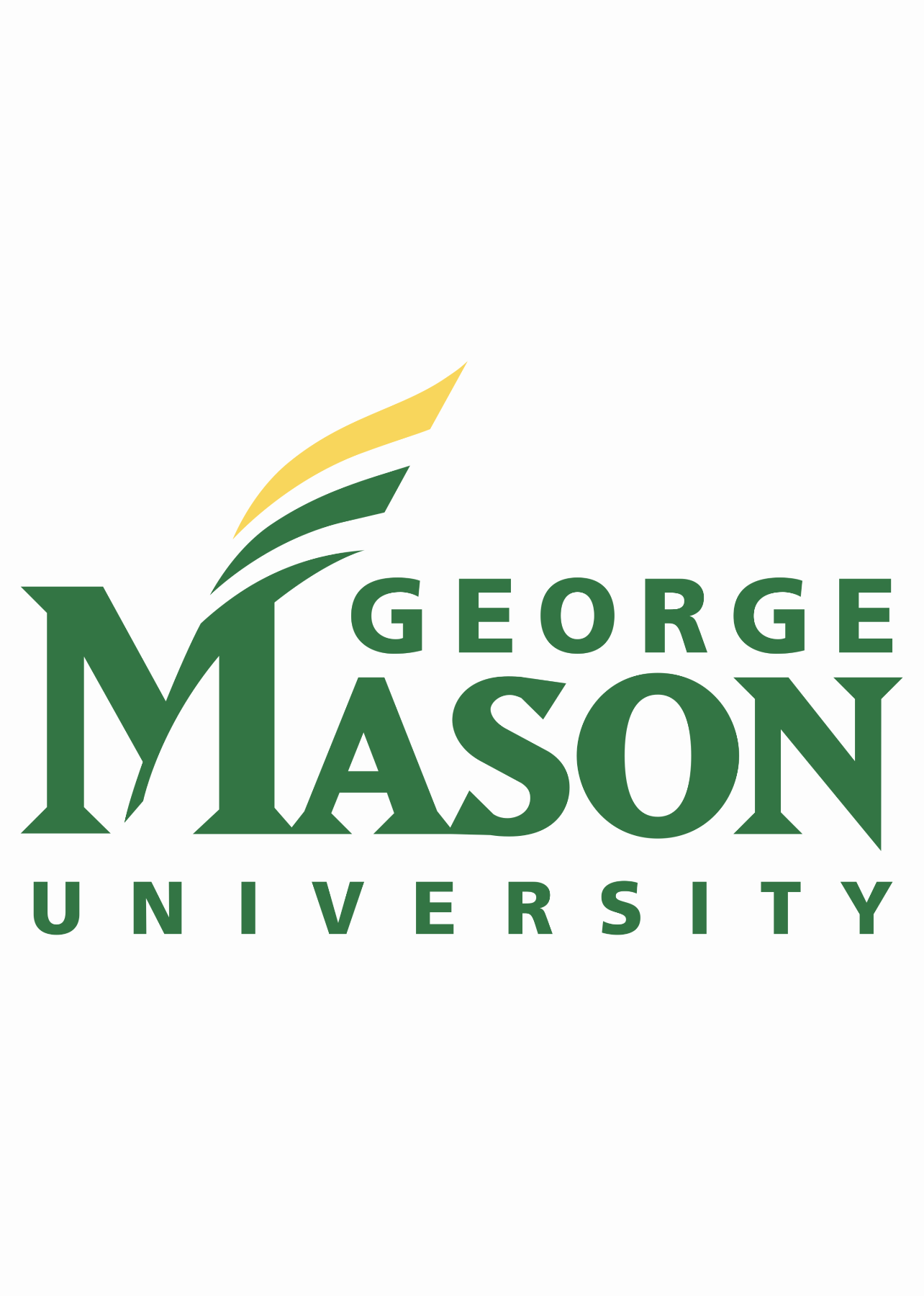
George Mason University
Intelligent Score: 97.70In-state: $9,510
Out-of-state: $32,970
In-state: $12,594
Out-of-state: $12,594
SAT: 1100-1300
ACT: 24-30
In-State: $420
Out-of-State: $1,427
On-Campus
Southern Association of Colleges and Schools Commission on Colleges
121

University of Southern California
Intelligent Score: 97.05In-state: $59,260
Out-of-state: $59,260
In-state: $47,880
Out-of-state: $47,880
SAT: 1340-1530
ACT: 30-34
$2,244
On-Campus
Western Association of Schools and Colleges
128

University of California at Berkeley
Intelligent Score: 96.84In-state: $7,568
Out-of-state: $24,056
In-state: $7,752
Out-of-state: $7,752
SAT: 1090-1280
ACT: 23-29
$522
On-Campus
WASC Senior College and University Commission
136

University of California at Riverside
Intelligent Score: 96.13In-state: $11,442
Out-of-state: $41,196
In-state: $11,442
Out-of-state: $11,442
SAT: 1310-1530
ACT: 30-35
$278
On-Campus
Western Association of Schools and Colleges
150

Boston University
Intelligent Score: 96.09In-state: $56,854
Out-of-state: $56,854
In-state: $56,854
Out-of-state: $56,854
SAT: 1310-1500
ACT: 30-34
$1,994
On-Campus
New England Commission of Higher Education
128
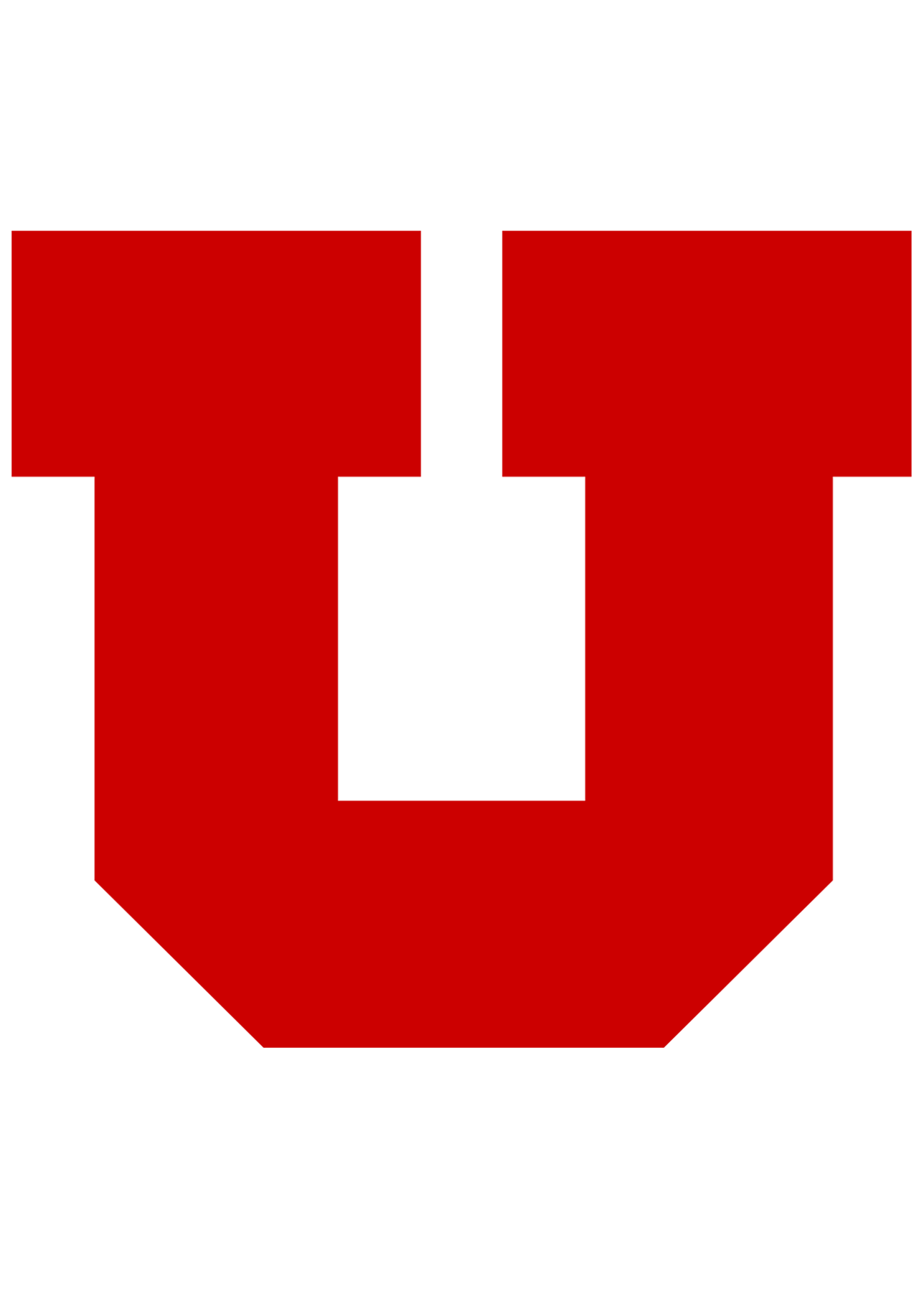
University of Utah
Intelligent Score: 95.12In-state: $7,412
Out-of-state: $26,017
In-state: $6,666
Out-of-state: $6,666
SAT: 1130-1350
ACT: 22-29
Resident: $255
Non-Resident: $879
On-Campus
Northwest Commission on Colleges and Universities
122

University of Arizona
Intelligent Score: 94.95In-state: $10,990
Out-of-state: $33,273
In-state: $11,938
Out-of-state: $11,938
SAT: 1090-1350
ACT: 21-29
Resident: $507
Non-Resident: $1,689
On-Campus, Online
WASC Senior College and University Commission
120

CUNY Brooklyn College
Intelligent Score: 94.49In-state: $6,930
Out-of-state: $14,880
In-state: $11,090
Out-of-state: $11,090
SAT: 1170-1340
ACT: 25-31
Resident: $305
Non-Resident: $620
On-Campus
Middle States Commission on Higher Education
120

Syracuse University
Intelligent Score: 90.39In-state: $53,432
Out-of-state: $53,432
In-state: $40,392
Out-of-state: $40,392
SAT: N/A
ACT: N/A
$1,841
On-Campus
Middle States Commission on Higher Education
121

University of Michigan-Ann Arbor
Intelligent Score: 90.05In-state: $16,520
Out-of-state: $53,669
In-state: $24,344
Out-of-state: $24,344
SAT: 1340-1520
ACT: 31-34
Resident: $869
Non-Resident: $2,571
On-Campus
Higher Learning Commission
120

Stanford University
Intelligent Score: 89.80In-state: $55,473
Out-of-state: $55,473
In-state: $54,315
Out-of-state: $54,315
SAT: 1420-1570
ACT: 31-35
$1,372
On-Campus
WASC Senior College and University Commission
180
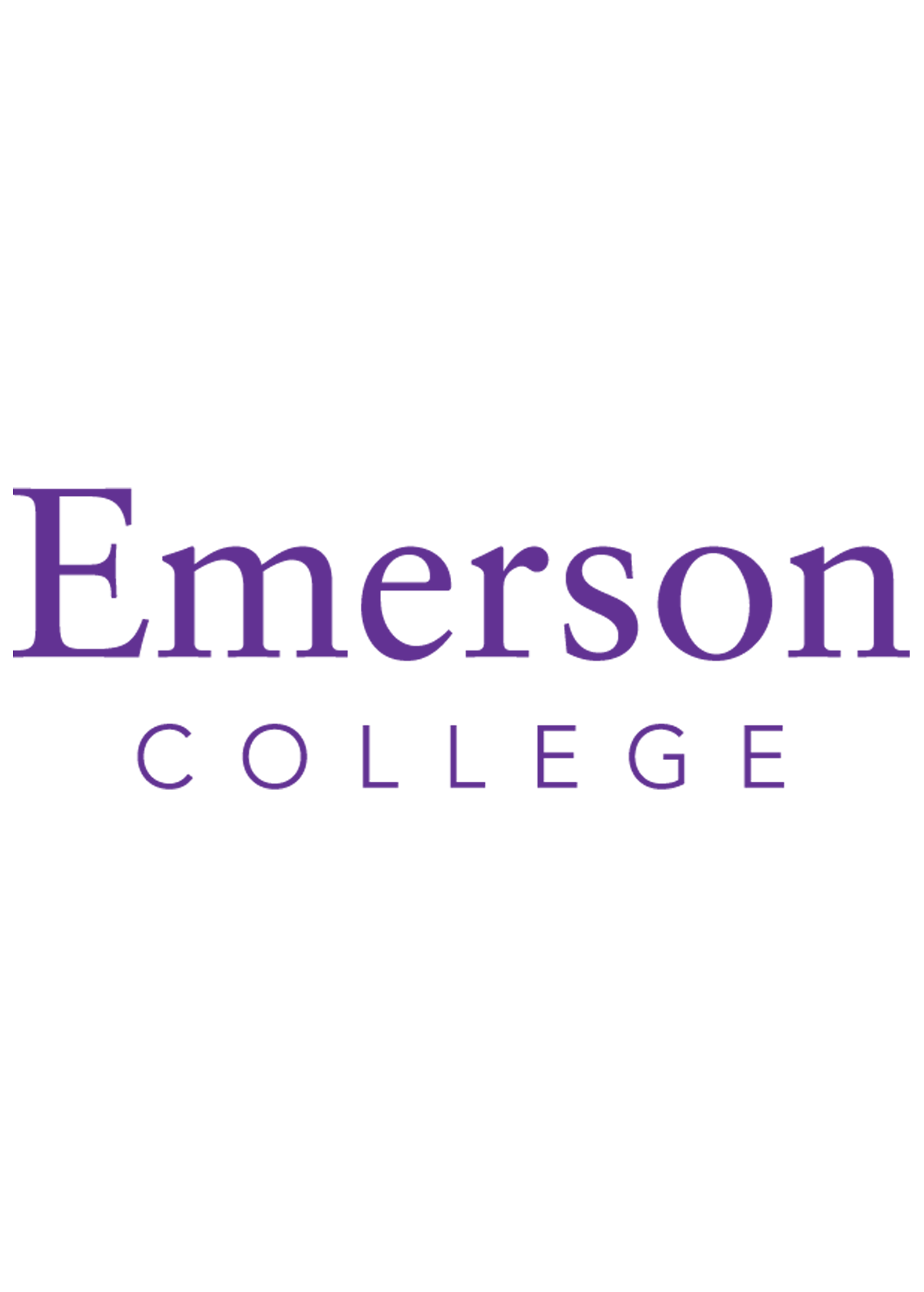
Emerson College
Intelligent Score: 86.92In-state: $49,536
Out-of-state: $49,536
In-state: $31,104
Out-of-state: $31,104
SAT: 1190-1380
ACT: 27-31
$983
On-Campus
New England Commission of Higher Education
128

University of California-Santa Barbara
Intelligent Score: 86.44In-state: $11,442
Out-of-state: $41,196
In-state: $11,442
Out-of-state: $11,442
SAT: 1310-1530
ACT: 30-35
$573
On-Campus
Western Association of Schools and Colleges Senior College and University Commission
180
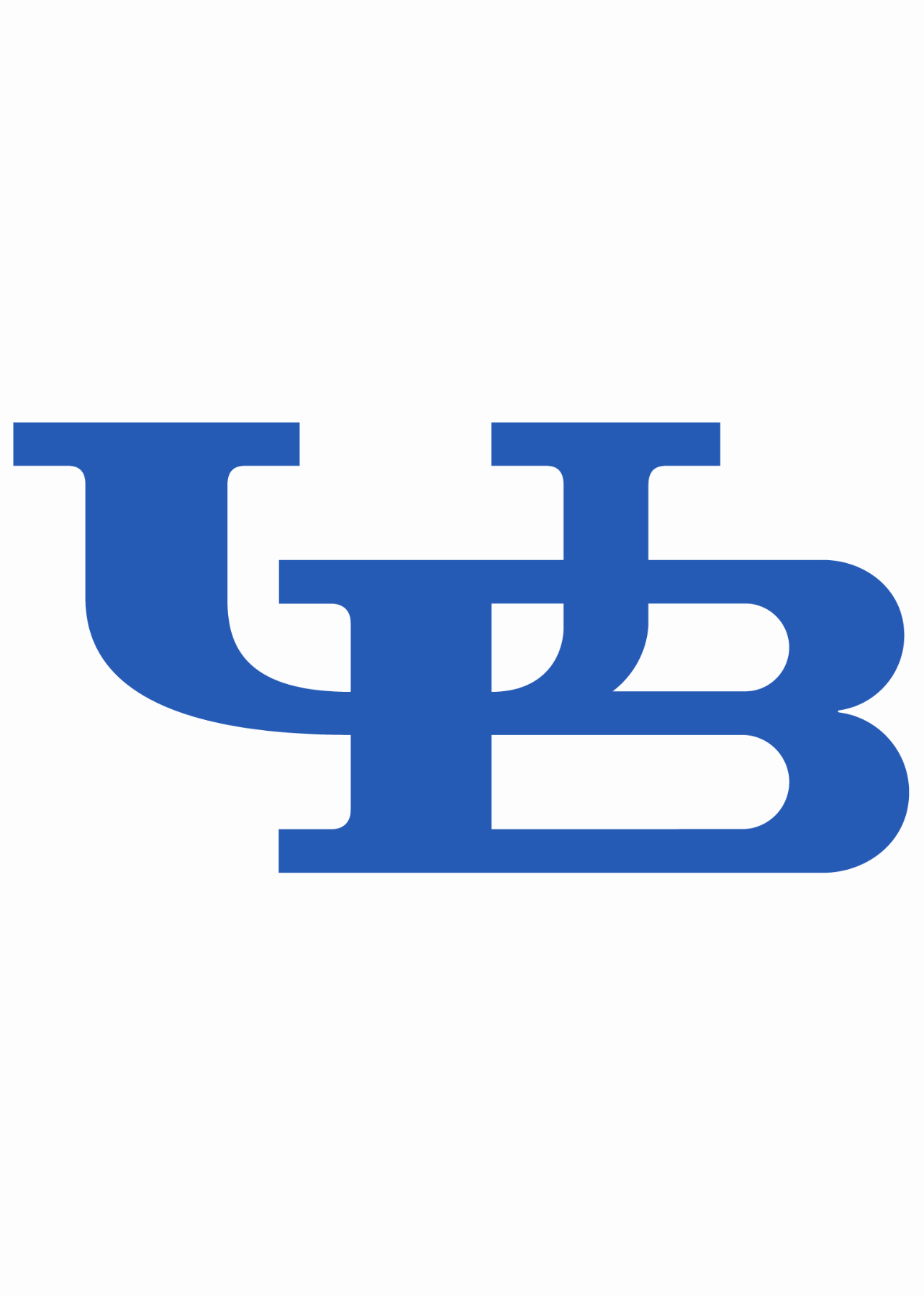
University at Buffalo
Intelligent Score: 86.26In-state: $7,070
Out-of-state: $24,740
In-state: $11,310
Out-of-state: $11,310
SAT: 1140-1310
ACT: 23-29
Resident: $295
Non-Resident: $1,119
On-Campus
Middle States Commission on Higher Education
120
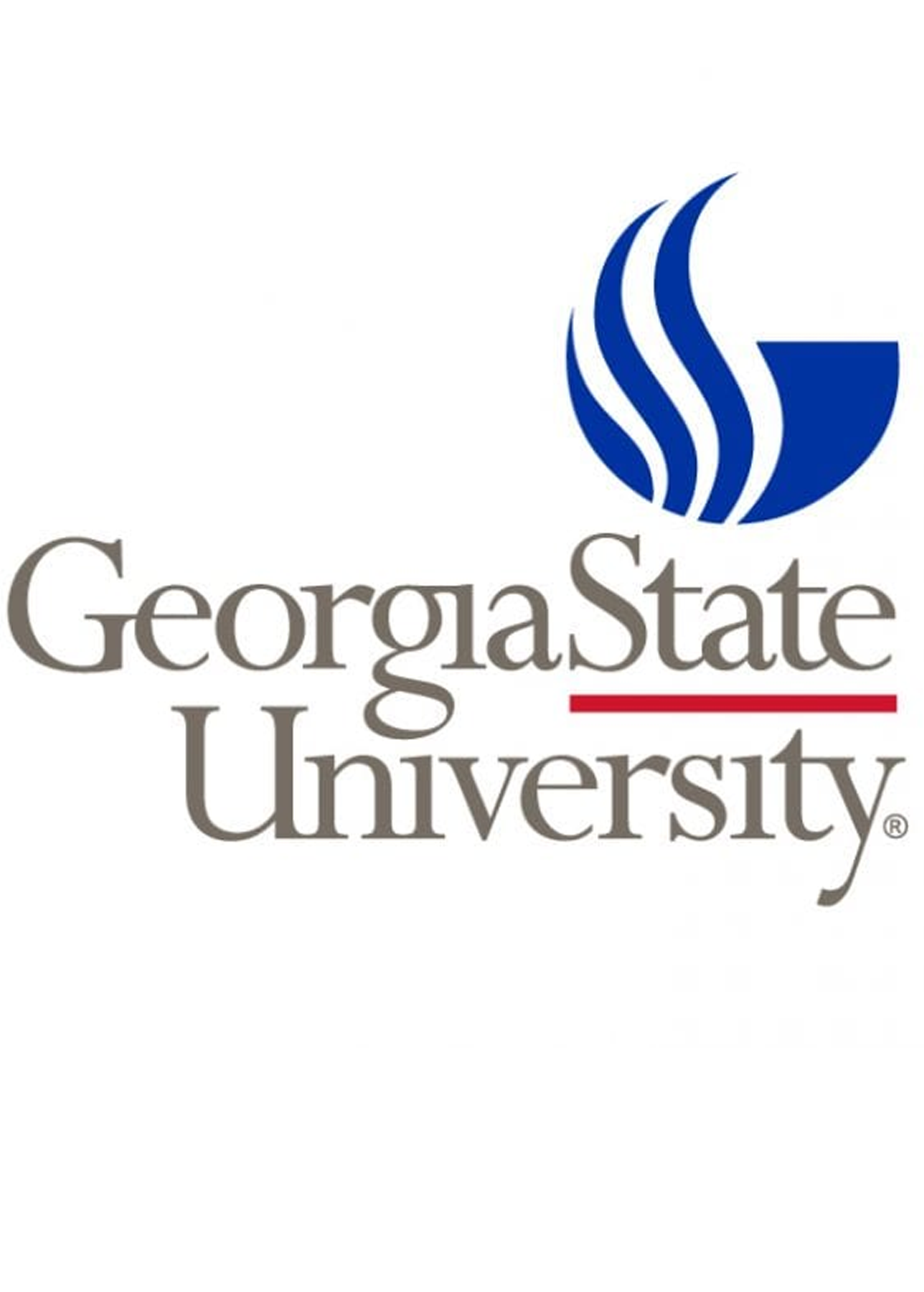
Georgia State University
Intelligent Score: 86.25In-state: $7,158
Out-of-state: $22,389
In-state: $7,164
Out-of-state: $7,164
SAT: 1030-1260
ACT: 20-26
Resident: $95
Non-Resident: $359
On-Campus
Southern Association of Colleges and Schools Commission on Colleges
120
How to Choose a Film Program
Choose your area of study
The film industry employs a wide range of professionals to fulfill skilled positions. Educational and career goals play a significant role in selecting the appropriate program and study tract, and it’s important to understand where you want your education to take you.
Film degree programs typically focus on film or across film, television, and other media studies. The most common degree programs are:
- Bachelor of Fine Arts (BFA) in film studies: A BFA in film studies involves more structured and concentrated study in film and media studies with fewer classes outside the department to gain deep understanding and in-depth training. Graduates are highly specialized and prepared to pursue careers as directors, cinematographers, lighting or camera technicians, producers, and more.
- Bachelor of Arts (BA) in film studies: This program offers students a broader education in film within liberal arts studies. Wider elective choices provide an understanding of media art forms within social, cultural, and political contexts that prepare students for careers in research and criticism. Graduates may progress to roles such as film critics, programmers and curators, archivists, and educators.
- Bachelor of Science (BS) in digital filmmaking: In digital filmmaking, students gain a technical and practical understanding of editing, sound design, cinematography, and other film and media production techniques. Graduates work as visual effects artists, editors, cinematographers, and sound engineers.
- Master of Fine Arts (MFA) in film studies: In this program, students choose an area of research in which they develop a critical and theoretical understanding of film and media. MFA graduates often pursue continuing research in a doctorate program or careers in curating and archiving, media management, producers, creative executives, and more.
Film is a vast field with diverse career options. Many degree programs offer specializations after students complete foundation courses to help them advance in their preferred specialization. These specialties include animation, scriptwriting and editing, documentary filmmaking, directing, and cinematography.
Research schools and programs
Start your program research by visiting the websites of schools and programs you’re interested in. Speak with admissions counselors to gain specific information or recommendations for each program. To better understand the educational and campus experience, sign up for campus tours, attend virtual or in-person information sessions, and follow the program’s social media channels.
As you research each school, keep accreditation in mind. Accreditation not only offers credibility to the quality of a school, program, and education, but it also helps ensure that students have access to financial aid.
Look for regional accreditation first — credits from these schools and programs can transfer regionally, meaning you’re more likely to be able to transfer credits if you switch schools. Employers often look for accredited education and may be more likely to disregard a candidate with an unaccredited degree. Students can check for accreditation from sources such as the Council for Higher Education Accreditation and the Database of Accredited Postsecondary Institutions and Programs.
Prepare for tests and applications
While admissions processes vary by institution, many film studies degrees aren’t direct-entry — rather, you’ll complete a year of generalized studies before declaring a film studies major. As such, initial admissions for undergraduate and graduate programs generally require a combination of the following:
- Application form and fees
- Secondary school transcript
- In-progress undergraduate transcript for transfers
- Letter(s) of recommendation
- Personal essay or statement
- Resume or CV
- SAT or ACT scores (undergraduate)
- GRE or GMAT scores (graduate)
Typically, students who wish to declare a film studies major or transfer to the program from another institution must complete prerequisite film studies courses. Depending on the bachelor’s degree program, admissions may require a portfolio of relevant work.
Master’s and doctoral programs generally require a related undergraduate major, a portfolio of work demonstrating scholarly competence, and a GPA of at least 3.0. Applicants may also need to submit a research paper proposal and a writing sample demonstrating their ability to understand and engage with theory and criticism.
Check with the institution’s office of admissions before submitting your application. They can verify eligibility and advise on proper documentation and other important information.
Select your program
When your research is complete, compare your schools and programs to determine which best suits your path. Consider factors such as:
- Program costs
- Financial aid availability
- Location
- Curriculum
- Course delivery method
Program delivery logistics are also important. While full-time studies allow you to complete your program more quickly, part-time options may suit those already in the workforce or have other commitments. Online programs can offer accessibility and flexibility, but in-person programs may provide more opportunities to develop your technical and practical skills and interact with your peers and instructors.
Determine how you’ll pay for your degree
Calculate tuition costs and other expenses, and speak with a financial aid advisor of your chosen institution to get specific information. Verify that your chosen program is eligible for financial aid before committing, then submit the Free Application for Federal Student Aid (FAFSA). Regardless of your financial status, applying for FAFSA allows schools to determine need-based federal loans, grants, scholarships, and other financial assistance.
Schools, private organizations, foundations, and other groups sometimes offer student grants, scholarships, and other aid based on merit or other factors. If you’re employed, check with your workplace to see if they offer tuition assistance benefits.
What Can You Expect From a Film Program?
Undergraduate film programs provide students with a comprehensive foundation of all aspects of filmmaking, including the history and fundamentals of visual media.
Most undergrad programs offer a blend of practical and theoretical coursework, with BS students typically focusing more on technical aspects than BA or BFA programs. These programs offer many elective opportunities, allowing students to enrich their education with interdisciplinary studies. Graduate programs aim to deepen understanding by focusing on theory, analysis, and other aspects that train students to approach media from various critical perspectives.
Film programs are often project-intensive, requiring students to work individually and in groups to ideate and create media to develop their skills. Some programs may require students to complete internships and final projects. Graduate program structures vary, but they typically include core seminar and lecture courses paired with independent research, final media projects, and a thesis.
Potential courses you’ll take in a film program
- Film History: Courses in film history examine the development of cinema within various international and historical contexts. Students analyze and discuss the significance of screenings from the lens of artistic, social, and political movements.
- Scriptwriting: Students learn about the film screenwriting process and how to develop plot, character, and narrative structure. Coursework allows students to refine their screenwriting abilities and develop a system for transforming an idea into a final script.
- Directing: This course provides training and practice in film and documentary directing. Students learn to collaborate with cinematographers, actors, screenwriters, and other roles to tell a visual story using cinematic tools.
- Producing: Production courses introduce students to how management, business acumen, and creativity work together in a producer role. Topics include marketing, distribution, legal strategies, and production team roles.
- Cinematography: Students learn to articulate a story visually through lighting, camera systems, and other technical elements. Coursework also gives students practice in storyboarding, lighting aesthetics, and camera operation.
Film Degree Frequently Asked Questions
How do I apply to a film degree program?
Visit the program website to start the application process. Although application and enrollment processes vary by institution, most require a transcript, personal statement, letter of recommendation, resume or CV, and relevant test scores. Check application deadlines so you can organize your application before the cutoff.
Speak to an admissions counselor to clarify any requirements, deadlines, or other details. They can guide you through the process and answer questions.
How much does a film degree cost?
As of 2022, the average yearly tuition and required fees were $14,688 for a bachelor’s degree and $20,513 for a master’s degree. That doesn’t include room and board, which increases the yearly cost for a bachelor’s to $27,673. Scholarships, grants, loans, and other financial aid affect the amount you’ll pay upfront, but these amounts depend on your circumstances.
The program’s cost also depends on whether it’s a private or public institution, if you’re an in-state or out-of-state student, local cost of living, course delivery (in-person vs. online), and other factors. Technology and equipment for film studies can also have additional expenses.
How long does it take to earn a film degree?
The total required credits determine the length of a film degree; undergraduate programs require about 120 credits delivered over four years, and graduate programs require about 60 credits delivered over two years. Some film studies programs require fewer credit hours and focus more on projects, allowing you to self-pace. Part-time studies can also extend the program length by several years.
